Wikipedia, Amelia Bedelia, and Our Responsibility Regarding Online Sources
 When I was a children’s librarian with NYPL’s Children’s Center at 42nd Street I conducted a lot of class visits with older kids (ages 9-12, usually). Sometimes these would be groups of kids learning how to do research using the library’s resources. For them I covered the usual databases and image library stuff, but also a kind of Why Google Is Not God portion where I showed them very convincing fake websites like the good old Save the Pacific Northwest Tree Octopus site and All About Explorers. Using these sites I showed them why you need to take every site you encounter online with a grain of salt because someone might be mucking with you.
When I was a children’s librarian with NYPL’s Children’s Center at 42nd Street I conducted a lot of class visits with older kids (ages 9-12, usually). Sometimes these would be groups of kids learning how to do research using the library’s resources. For them I covered the usual databases and image library stuff, but also a kind of Why Google Is Not God portion where I showed them very convincing fake websites like the good old Save the Pacific Northwest Tree Octopus site and All About Explorers. Using these sites I showed them why you need to take every site you encounter online with a grain of salt because someone might be mucking with you.
That’s Google. It should be noted, however, that I never did a Wikipedia portion of my talk. Not intentionally, of course. It just wasn’t as go-to a resource as it is today.
ADVERTISEMENT
ADVERTISEMENT
Librarians have a love/hate relationship with a lot of online resources and Wikipedia is no exception. We would be lying if we said we didn’t all use it sometimes, though. I mean, where else are you going to find a fairly accurate listing of the order in which the Rainbow Fairy books are meant to be read? And we understand that everyone should rely on two sources for information gathered there. So with all that in mind how are we to interpret the Amelia Bedelia-related Daily Dot piece I Accidentally Started a Wikipedia Hoax?
In the piece one EJ Dickson says that in college, while high during her Sophomore year, she and a friend went around creating false information on Wikipedia for children’s book authors. “It was the kind of ridiculous, vaguely humorous prank stoned college students pull.” For Peggy Parish they wrote that Amelia Bedelia was based on a Cameroon maid with a lot of hats.
First off, and before we go any further, I’m not entirely certain that the author understands the meaning of the word “accidentally” as found in the title. Perhaps it would be accurate if she had been falling asleep one night and in the course of her head falling forward onto the keyboard in an unconscious state it managed to type out a false Wikipedia entry and enter it without her knowledge or consent. Because the implication as it stands is that everything one does in college is “accidental” and therefore doesn’t count. Mmmhmm.
Personally I found it an odd little piece, but not overwhelmingly disturbing. A friend of mine felt very differently and emailed me the following:
“As a high college student, she very deliberately sabotaged a hugely-valuable communal resource, and now she finds it strange and hilarious that her lies are still doing damage 5 years later …and she’s blaming everybody but herself for the damage she’s done. Yes, Wikipedia will publish your lies if you tell them with a straight face. So will the New York Times, as has been proven over and over. This is why everyone should rely on at least two sources. This obvious fact doesn’t make it cool or funny or righteous to plant lies in either of these information sources. Now she’s off on a Oedipus-like righteous crusade to find the watchdog that fell asleep and let her lies go uncorrected. She might want to look in the mirror.”
That’s a bit stronger than I’d put it, but it’s another way of reading the piece. She does apologize, I should note, though she also admits to finding the entry funny not much later on.
And in case you were wondering, this magnificently wrong little tidbit about Amelia Bedelia does not appear in Wild Things: Acts of Mischief in Children’s Literature. I’m happy to say that Candlewick had us source and re-source every quote and fact in that book to the hilt. So no worries there. I do wonder what you take away from the article, however. Is the deliberate planting of lies the responsibility of the resource or the person doing the planting?
Filed under: Uncategorized
About Betsy Bird
Betsy Bird is currently the Collection Development Manager of the Evanston Public Library system and a former Materials Specialist for New York Public Library. She has served on Newbery, written for Horn Book, and has done other lovely little things that she'd love to tell you about but that she's sure you'd find more interesting to hear of in person. Her opinions are her own and do not reflect those of EPL, SLJ, or any of the other acronyms you might be able to name. Follow her on Twitter: @fuseeight.
ADVERTISEMENT
ADVERTISEMENT
SLJ Blog Network
The Moral Dilemma of THE MONSTER AT THE END OF THIS BOOK
K is in Trouble | Review
Fighting Public School Book Bans with the Civil Rights Act
ADVERTISEMENT



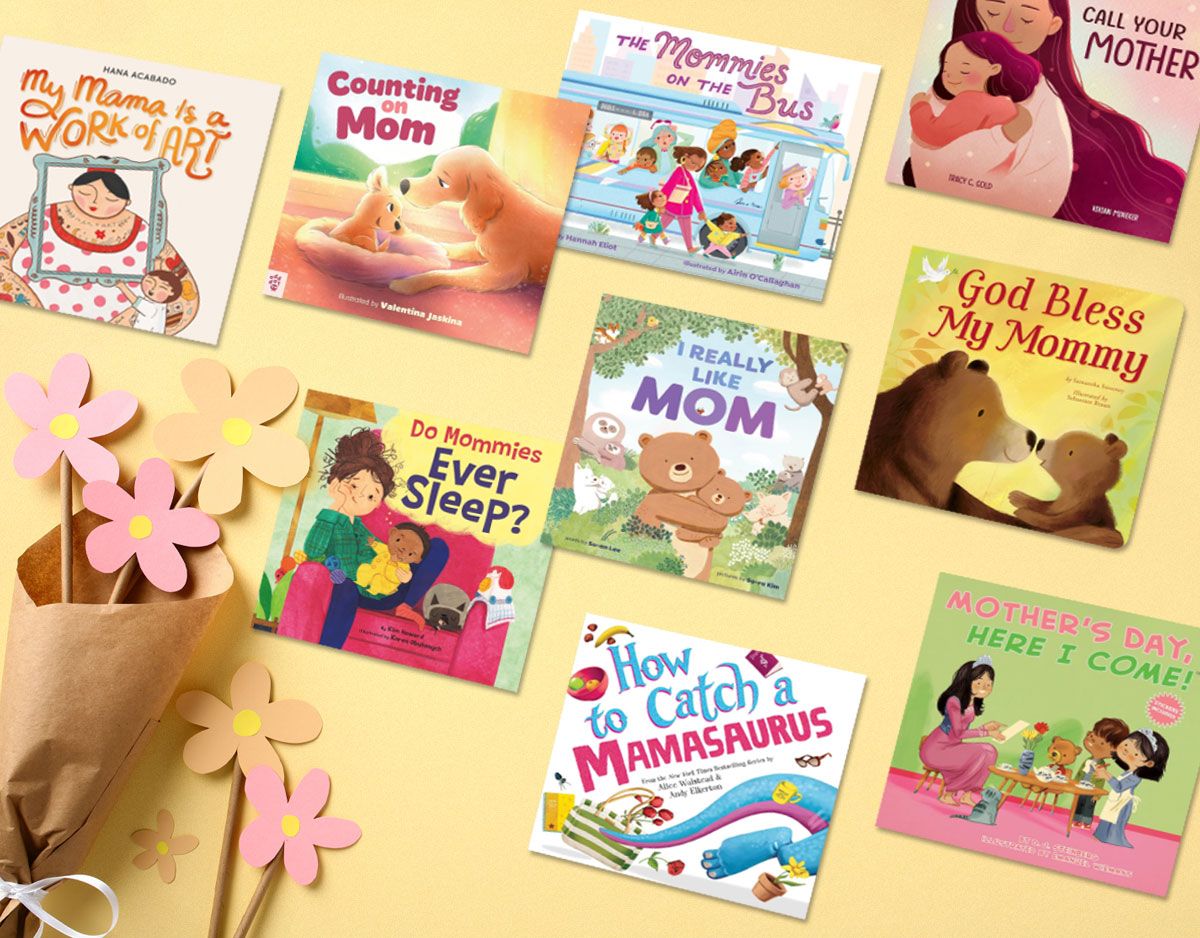
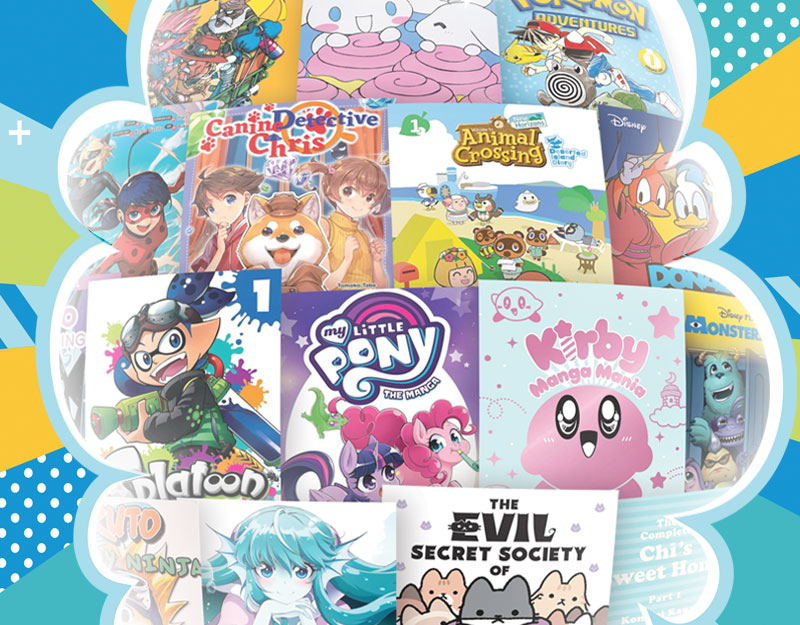
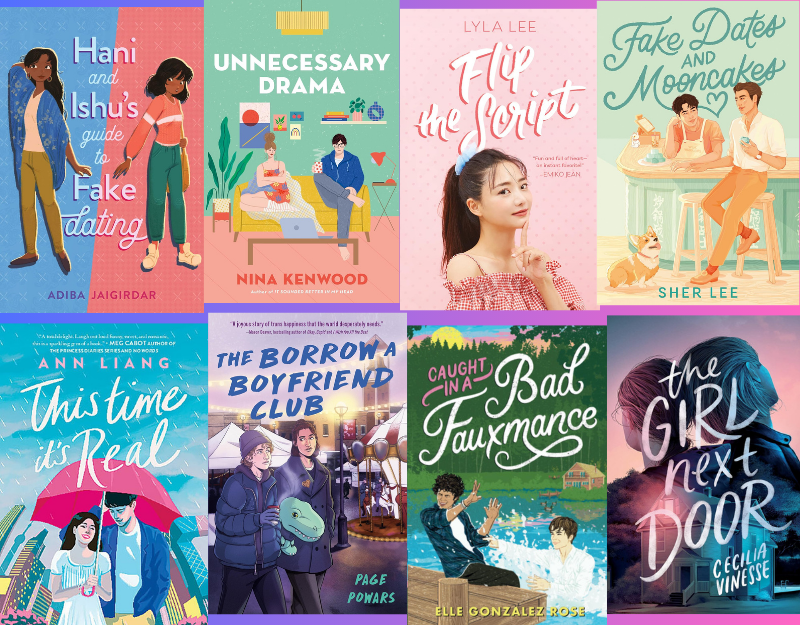
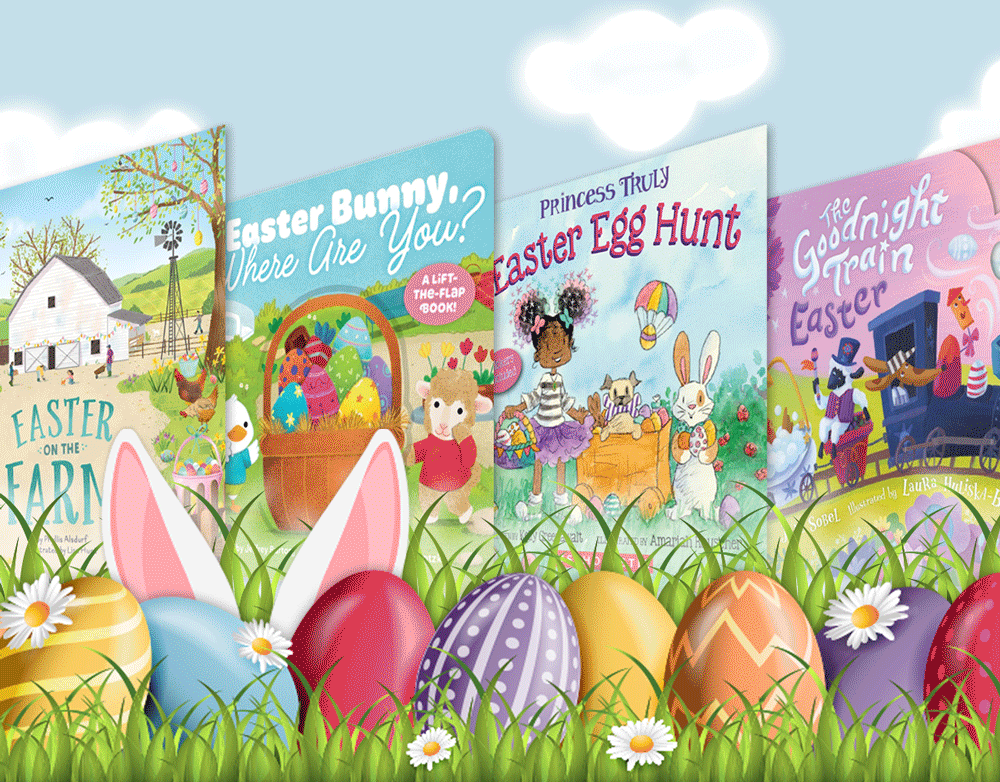
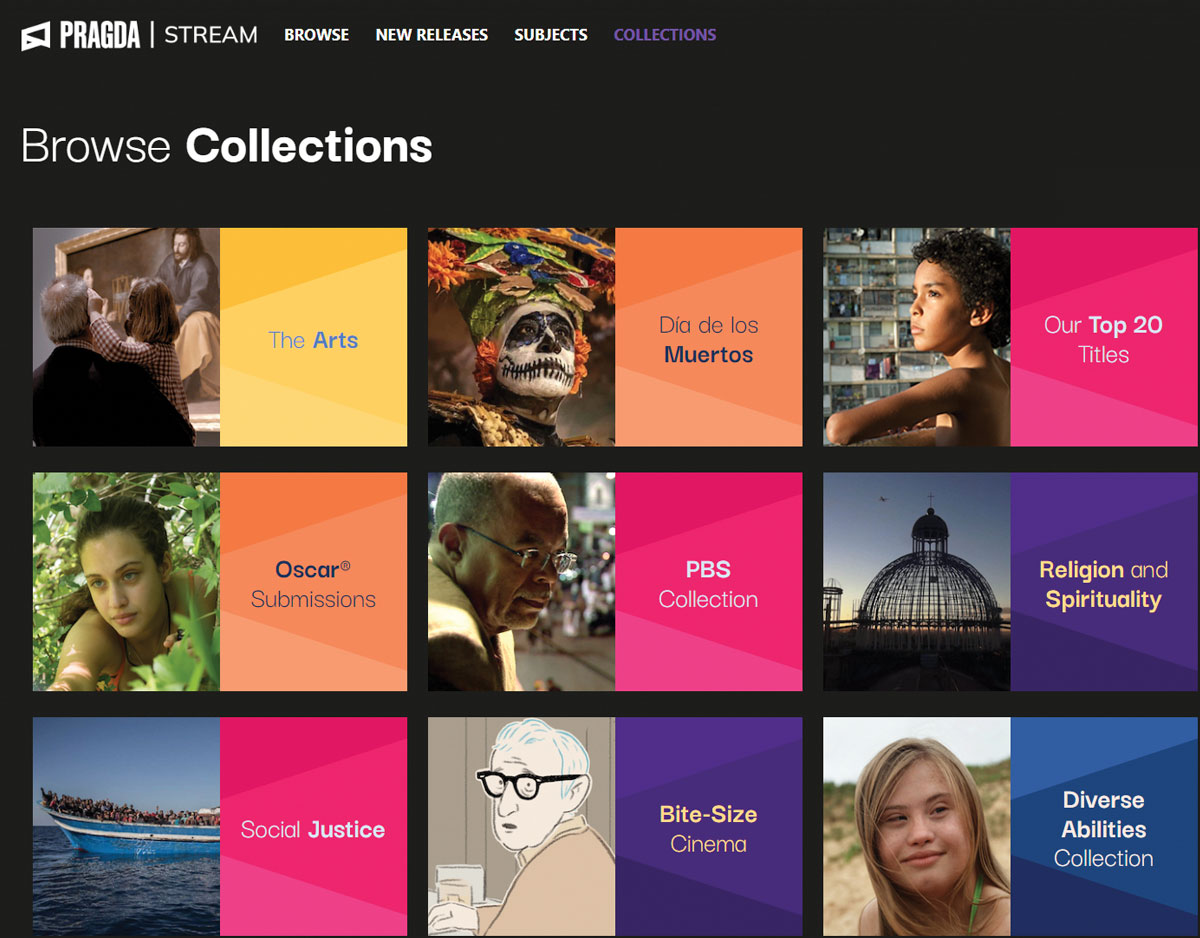
I’m on the side of the prankster. Partly because the Internet has always been a big, none-too- squeaky-clean pool without a lifeguard–indeed, it prides itself on his openness and democracy; anyone can say what they like, whether it’s true or articulate or intelligent or not. If you want information on a subject written by experts, double-checked for accuracy, you open the World Book Encyclopedia. This was even more likely to be true when the writer was in college–I think as we become lazier about research and more dependent on Google, we’re asking the Internet to be more respectable.
But I’m also on the side of the prankster, because the world needs a little mischief. No dogs were killed, for crying out loud; nobody fell off a ten-story roof because there was no barricade. What we have here is one more excuse for wild gesticulation and crying out, “This is why you can’t trust the Internet!”
And what’s so bad about that?
Very interesting point. I like what you say about how we’re asking the Internet to be more responsible. Is it a crazy wish? Is there an understanding with Wikipedia that we are responsible for our own actions, or does pranking reveal that we shouldn’t grow reliant on sources that are edited by “the people”. One point that I don’t think she makes in the article is when this happened. Wikipedia’s source checking has grown far more stringent in recent years (to the point where legitimate information is deleted quite regularly along with the wrong stuff). So where does that fit in to all this?
I use Wikipedia, but I use it with an awareness of its flaws. I like to check in on the entry about my grandfather and see the errors — always something different! I like seeing the entries that have obviously slanted, bias, almost flowery language about certain subject areas. I like it because it reinforces the weaknesses of Wikipedia and just how, and how not, it can be relied on.
That said, I find this prank really annoying. It’s very tiring living in a world where people are basically saying, “don’t rely on anything you read or hear, ever ever ever” — and not because of bias, or history being written by the winners, but just because people don’t do their research, don’t care, or think it’s funny to get someone to believe their lie.
It’s like the trolls have won.
I’m not sure the “check two sources” rule is particularly helpful. You can often find the same incorrect information in multiple sources, either because one got it from the other or because they both used the same original source. I think it must be really hard to teach good research skills to kids, because so much of it relies on high-level critical thinking and judgment calls based on many years of experience.
It IS hard to teach these skills to kids. I teach argument-based research to college freshmen and the challenge is to convince them why thorough fact checking matters. I find that they generally don’t ask enough questions and tend to take things at face value. We talk bout the value of Wikipedia as a springboard for further research. I focus on the source list at the bottom of the entry and talk to my students about using those sources for more in depth analysis, then using those source’s sources to delve even more deeply. This demonstrates the importance of sourcing their own writing and help them understand how documented fact checking strengthens the credibility of what they have to say, given the time that they have invested in crafting an argument.
“In the end, I don’t feel as bad about my Amelia Bedelia Wikipedia lie, and what it might say about my integrity both as a journalist and as a person, as I do about what it says about the future of information in the digital age. Joseph Goebbels once said that if you tell a lie enough times, it makes it true. ”
I find it pretty disturbing, as the writer seems to look at this more as a thought experiment than a break of social contract. There is a lesson on how quickly misinformation can spread, but it doesn’t absolve the creator of the lie from their act.
I dunno – it seems pretty benign to me. Sure, I use Wikipedia all the time, both personally and in my professional library work. But I think a better rule than the “two sources” rule is that Wikipedia doesn’t count as a “source” at all — if you find a fact on Wikipedia that you want to use–say, that Amelia Bedelia is based on a maid from Cameroon–check *Wikipedia’s* sources/footnotes. If they don’t have any, just don’t use it.
The point is that yes, in this particular case, we know the identity and nature of the prank and prankster, but on the rest of Wikipedia, we never know unless we actually check the sources.
The hoax edit was made in January 2009, it was corrected right after the article was published this week, over 5 years year. By 2009, the project did have much higher expectations for citation than it had in, say, 2005. The article doesn’t mention that that from 2008-10, the same article also had a list of fake Amelia Bedelia movies on it; that one did get caught.
I have unearthed numerous hoaxes on wikipedia, but I still find them funny. Its heartening that many people are saying “THATZ NOT OK” to what she did — if it is socially uncool to vandalize wikipedia, it will probably happen less often. However, exposure of these hoaxes will also hopefully get Wikipedia to further improve its processes to combat them. It doesn’t have to be this way. Everyone can edit, but there’s no reason every edit can’t be reviewed systematically.
Sources are complicated things. Two, three, however many — no matter how impressive, they can still be wrong. In my research for Africa is my Home, my as-yet-unpublished Little Tramp book (Charlie Chaplin’s that is), and my current Alice project, I’ve found all sorts of errors. Therefore, I would suggest a good stance is general wariness of all sources, wikiepdia or not. Also, I wouldn’t tar all wikipedia entries. Some are done by scholars, scientists, and the like and are excellent. Better for kids to learn to know how to determine how a fact is more likely to be accurate. I think this story simply tells you how hard it is. The issue to my mind is less wikipedia and more general caution.
Beautifully put.
In my Reference class in grad school, our class actually found the most errors in the encyclopedias (World Book and Britannica). Since a lot of research starts with encyclopedias (Wikipedia included), many book, article and other errors can stem from there too. So you can refer to 3 sources and still have wrong information. It is a slippery slope.
In college, we actually had an assignment to either make a fake wikipedia article or to change the facts on an existing one and track how fast it was changed back to the correct facts, or flagged.
I think her attitude toward the “prank” is what irks me!
As a former journalist and current librarian what bothers me about this “hoax,” is how calm the author is about the whole thing. As a journalist getting facts right is a hallmark of the job and mistakes are not something to brag about because even the smallest one can hurt people. And if she was willing to do something like this before she joined an actual news organization and then shared it with the public now, then how can we trust anything she has written before and after.
Just something to think about.
I think there is a difference between human error and mistake (which can happen) and deliberate misinformation. I would hope that that the errors in World Book or Britannica etc are not the result of people sitting around saying, “wouldn’t it be funny …..”